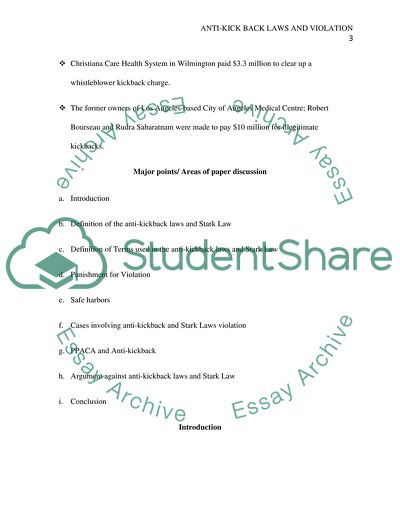Cite this document
(“Anti-kickback Laws and Violations Term Paper Example | Topics and Well Written Essays - 2750 words”, n.d.)
Retrieved from https://studentshare.org/law/1681982-anti-kickback-laws-and-violations
Retrieved from https://studentshare.org/law/1681982-anti-kickback-laws-and-violations
(Anti-Kickback Laws and Violations Term Paper Example | Topics and Well Written Essays - 2750 Words)
https://studentshare.org/law/1681982-anti-kickback-laws-and-violations.
https://studentshare.org/law/1681982-anti-kickback-laws-and-violations.
“Anti-Kickback Laws and Violations Term Paper Example | Topics and Well Written Essays - 2750 Words”, n.d. https://studentshare.org/law/1681982-anti-kickback-laws-and-violations.


